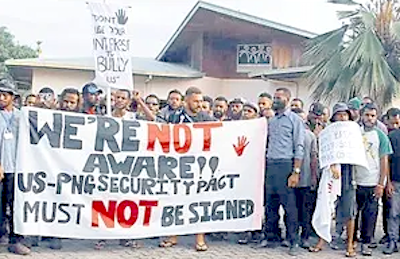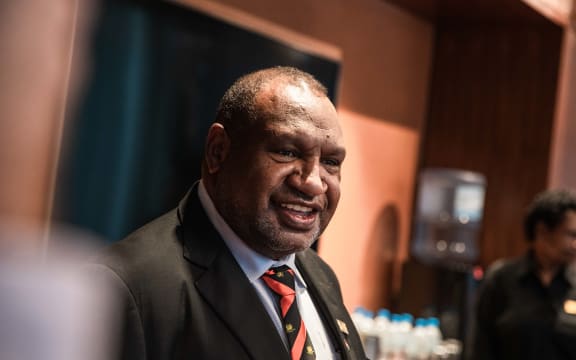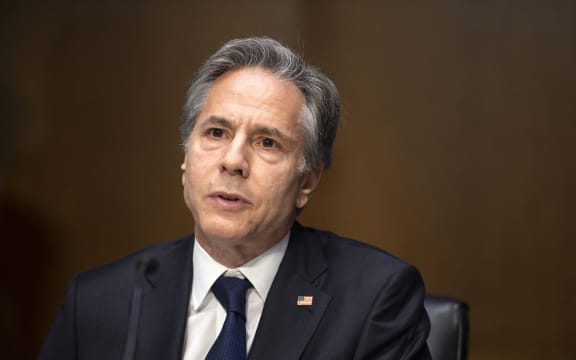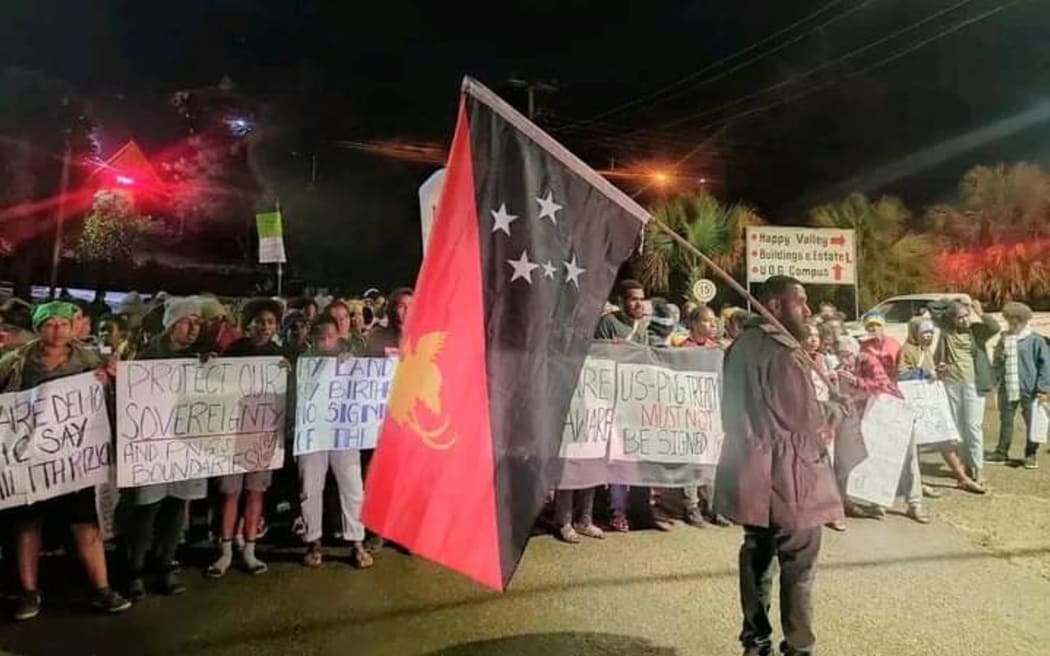In the immediate aftermath of Hamas’s horrific counterattack on mostly Israeli civilians and Israel’s hourly genocidal bombing on Gaza’s more than 2 million people – nearly 40% of whom are children – it is unlikely that the Western or U.S. mass media will focus on what should be the U.S. government’s response.
Last Sunday, Secretary of State Antony Blinken abruptly took down his earlier post which read: “Turkish Foreign Minister @HakanFidan and I spoke further on Hamas’ terrorist attacks on Israel. I encouraged Türkiye’s advocacy for a cease-fire and the release of all hostages held by Hamas immediately.”
That was the end of any ceasefire talk by Washington – Israel’s historic patron, protector and unlimited weapons provider. Instead, Biden, Blinken and Secretary of Defense Austin have made statements of unconditional support and further weapons shipments for expanding the bombing and destruction of Gaza, targeting homes, mosques, schools, clinics, hospitals, ambulances and critical infrastructure like water mains.
There was no mention of the far greater destruction of innocent Palestinians using F-16s and U.S.-made missiles that was underway. Are there no lawyers advising these politicians? When Israel ordered a complete siege of tiny, defenseless Gaza (an area much smaller than New York City) Defense Minister Yoav Gallant ordered his Southern Command to cut off essential services to Gaza, declaring “No electricity, no food, no fuel, no water. … We are fighting animals and will act accordingly.”
Reacting to this omnicidal military order, international law practitioner Bruce Fein noted, “The Genocide Convention defines genocide, among other things, as ‘Deliberately inflicting on [a national, ethnical, racial or religious group] conditions of life calculated to bring about its physical destruction in whole or in part’.”
No problem, said Biden, assuring Israel unlimited military support to do whatever it wants, thus greenlighting genocide by Israel’s extremist ministers with their long, open record of racist hatred against Palestinians. Having met the legal definition of Co-belligerency, Biden, knowing that the laws of war were being systemically violated, later expressed his hope that Israel would abide by them.
Biden/Blinken so far have no diplomatic policy, and no strategy counseling restraint to keep the conflict from escalating uncontrollably in that explosive region. They exercise veto power on the UN Security Council blocking anything like a ceasefire truce and negotiations toward a permanent two-state resolution as envisioned by the Oslo Accords and the Arab-Israeli Peace Process signed by all parties on September 13, 1993.
Our government still hasn’t learned from the history of this region. This is the fifth war on Gaza with the most modern weaponry against Hamas’s fortunately feeble rockets, now intercepted. Over the decades, innocent Palestinian casualties, fatalities, injuries, disease and loss of livelihoods are hundreds of times larger than those suffered by innocent Israelis.
Yet Washington, knowing that the oppressors, occupiers, and blockaders surrounding and infiltrating Gaza keep saying Israel has a right to defend itself without adding that the crushed Palestinians have a similar right to defend themselves under international law and the norms of equity.
The Hamas fighters moving into those border Israeli villages saw themselves on a homicide/suicide mission. Many had lost family members, and co-workers, to decades of Israeli bombs. They knew they were going to die inside Israel. Indeed, Israel counted 1,500 Hamas bodies in the area, larger than the number of Israeli civilians slain by these self-perceived martyrs.
Thus, the cycle of violence expands, and what human rights advocates call “the open-air prison” of Gaza faces total obliteration by Israel. Moral, rational voices for waging peace by Israeli human rights groups, together with their Palestinian counterparts, are lost in the vortex of the killing fields in Gaza – a victim of post-World War II history.
Driven by the Nazi Holocaust, the founders of the state of Israel were in no mood to tolerate the rights of the indigenous Arab peoples. It was their land and we took it, said the father of Israel, David Ben-Gurion, in an oft-quoted public remark to Nahum Goldmann, the head of the World Zionist Organization.
After the UN partitioned Palestine in 1948, many expelled Palestinian refugees ended up in the Gaza Strip. Since then, the Israeli military superpower has expanded its original territory several-fold, now holding 78% of the original Palestine plus the Syrian Golan Heights. After its victory over Arab nations in the 1967 war, Israel, in violation of international law, occupied the West Bank, Gaza, and East Jerusalem, establishing large colonies in the West Bank.
The U.S. has not been an honest broker, to say the least. It has been meddling in the Middle East, invading countries, toppling regimes, arming dictators and factions, and fueling constant instability. Oil, of course, has also been a key factor driving U.S. foreign policy.
All along, Congress has become a growing chorus calling for unlimited money and weaponry for Israeli militarism, making that country an unchallengeable military superpower, bristling with nuclear weapons. The existential threat is against the right of the Palestinians to have their state. Before the colossal intelligence failure last week in Gaza, Israeli military leaders had been saying that Israel has never been more secure.
It is hard not to charge hawkish Congressional Republicans and Democrats with bigoted, legislated cruelties against Palestinian victims of Israeli war crimes. They have tied themselves at the hip to the most historically extreme Israeli politicians who’ve voiced their view of Palestinians as subhuman and use vicious racist language that nearly all members of Congress refuse to disavow.
The question for Americans of conscience, including American Jews and Arab-Americans – especially Jewish Voice for Peace and the Arab American Institute – is when will the U.S. government assert its influence in the area to say: “Enough.” Stop the slaughter of innocents, demand a ceasefire and commence critical medical and food aid to the suffering survivors. After years of unconscionable downgrading of the “Palestinian question,” it is time for Washington to launch serious diplomatic negotiations, backing the experienced role of the United Nations (UN) in such conflicts.
The UN also has a grieving stake there. Israeli “precision” bombing once again struck clearly marked, long-standing UN humanitarian sites in Gaza, so far killing 11 courageous United Nations workers.
This post was originally published on Dissident Voice.






